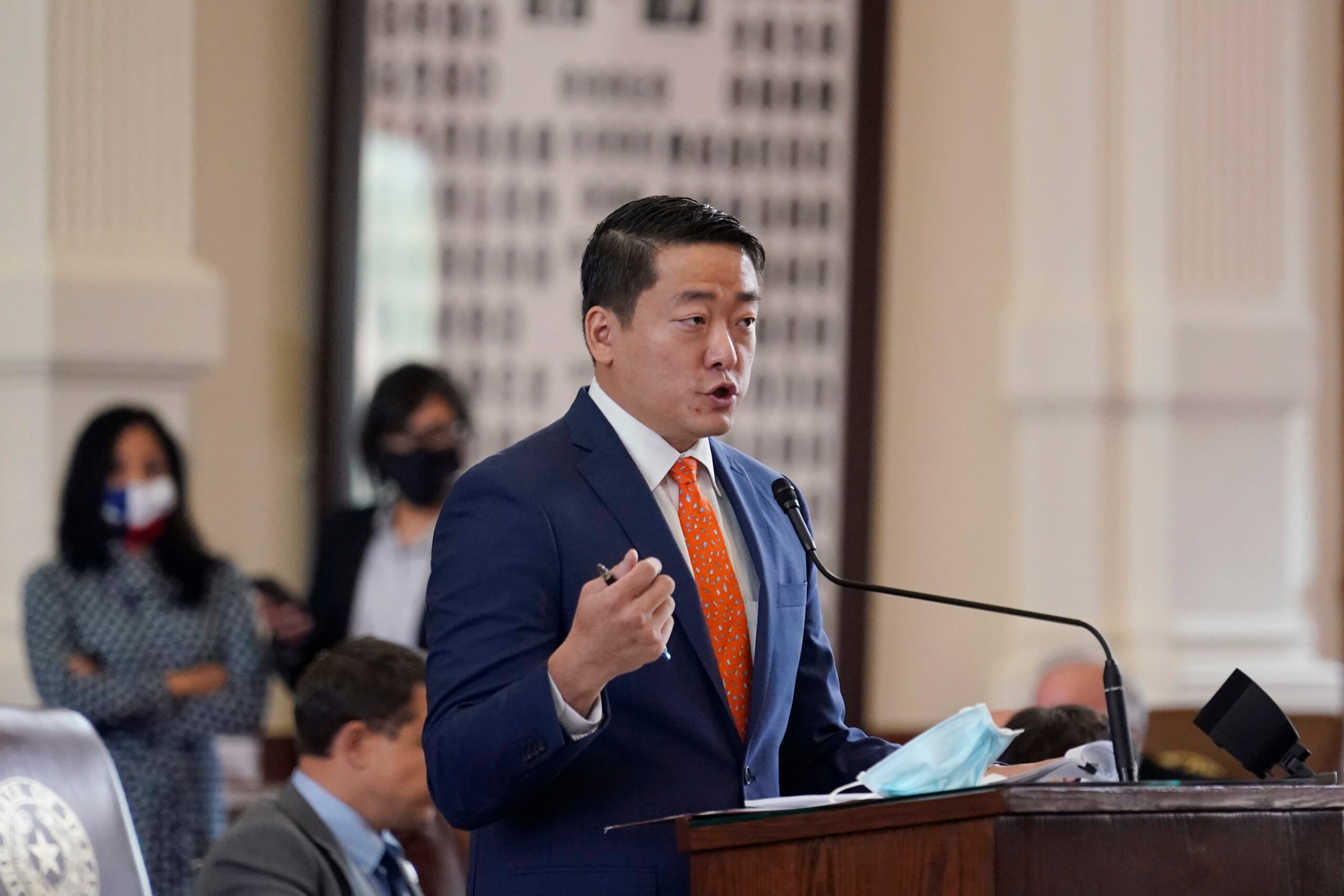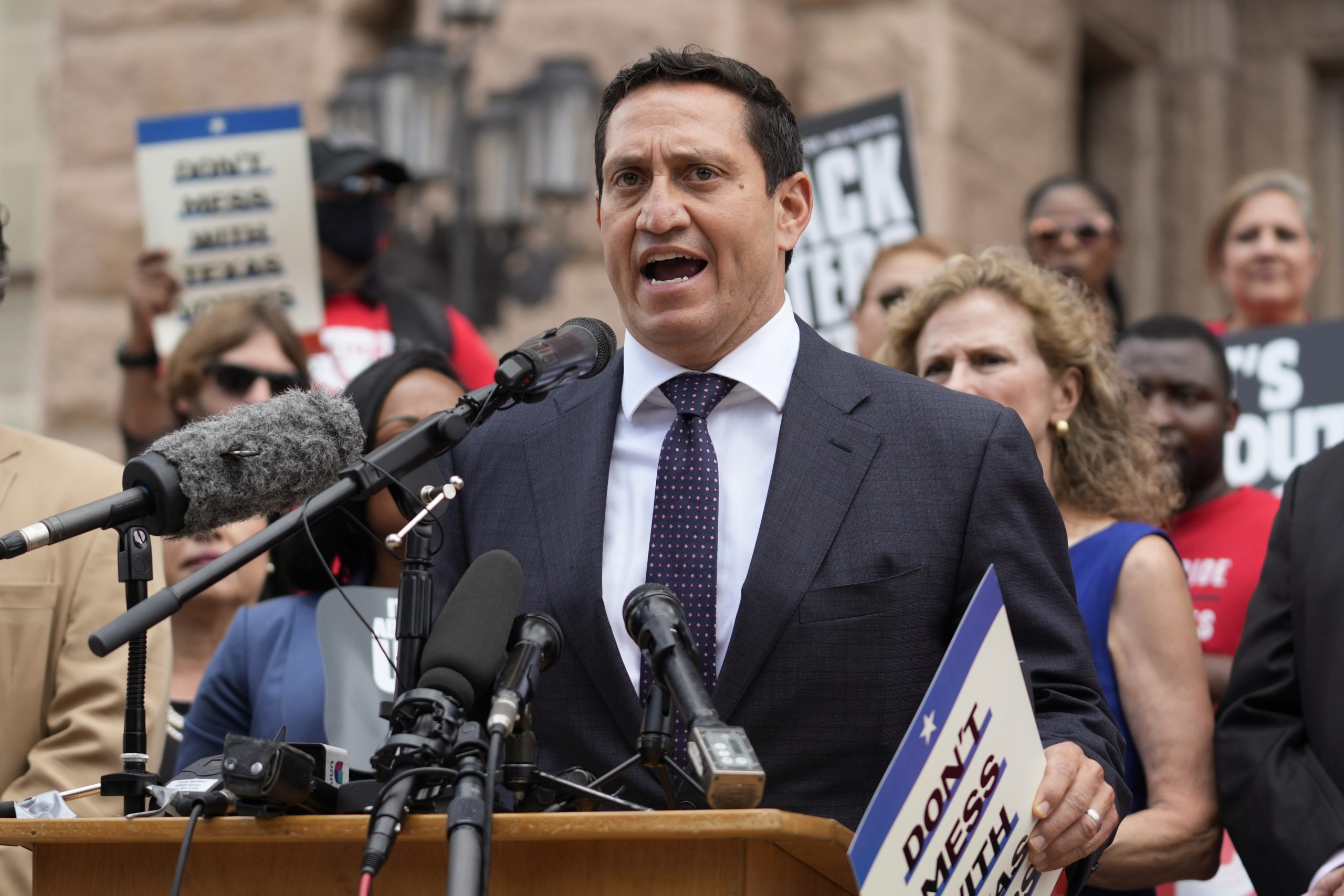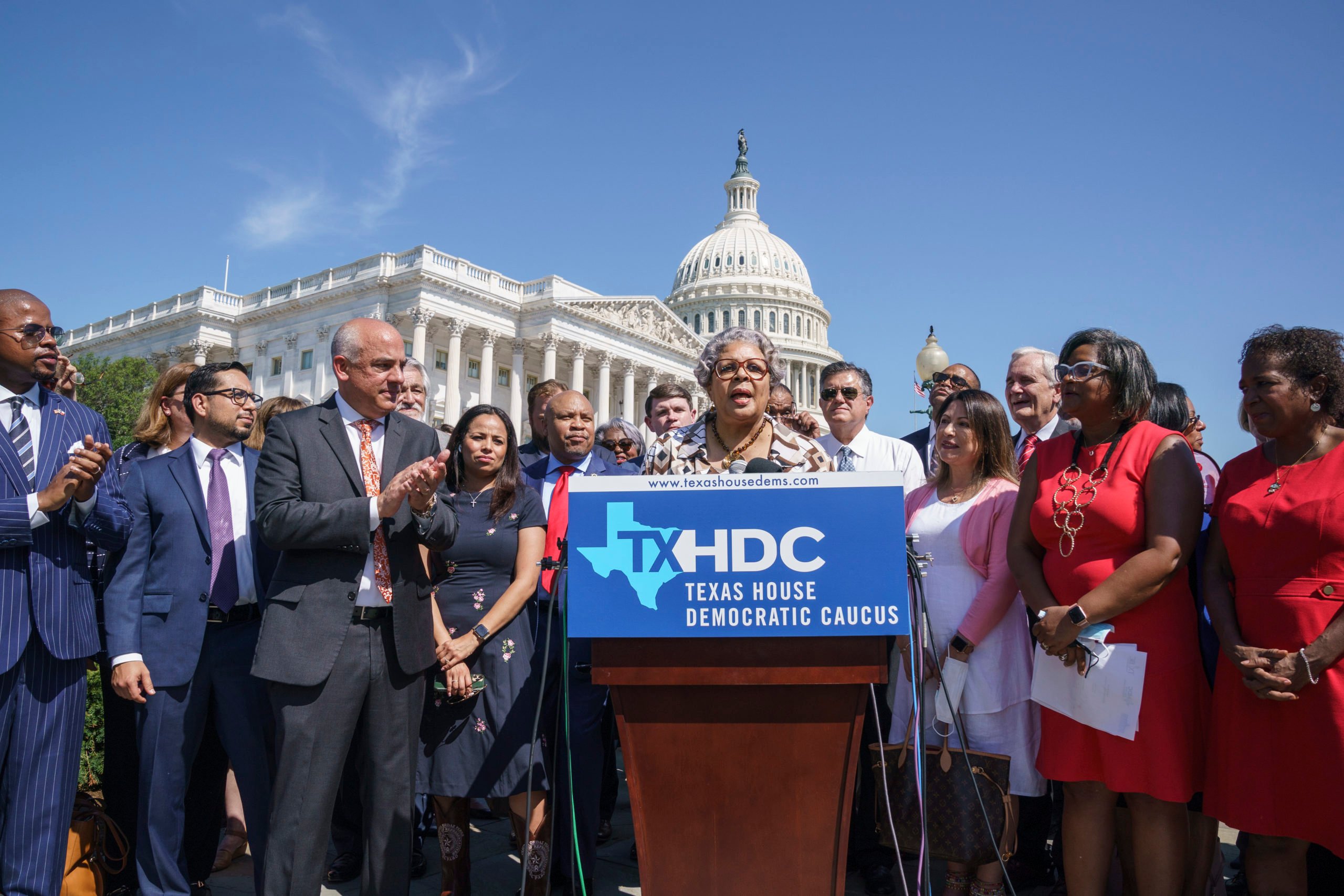
How Democrats Can Fix the Broken Two-Party System in Texas
What works poorly in other states doesn't work here at all.

A version of this story ran in the February 2018 issue.
Here’s how a two-party system works, in theory: One party wins office on the strength of its plans to fix problems, and its elected officials then use the power of government to partially implement policies. Over time, they start to lose momentum. More problems appear. Then candidates for the other party campaign with their own proposed fixes, and so on. That’s the ideal, of course, and it rarely works that way anywhere.
But in Texas, there is no “other party.” What works poorly in other states doesn’t work here at all. The last winning Democratic gubernatorial campaign in Texas was taking shape 29 years ago this winter, when Poison’s “Every Rose Has Its Thorn” topped commercial radio. Today, the Texas Democratic Party is a rump in the Legislature, and virtually nonexistent outside the state’s big cities.
To make real progress, Democrats either have to convince more people to care more about others or show them that they’re hurting, too.
Without competition‚ there’s no mechanism for accountability in state government. By now, you probably know the basic political science: GOP primary voters, a tiny slice of the electorate, decide who runs Texas. The general election is supposed to be a competition over how to make government work best, but that’s not what the hard right is interested in. So whatever has broken down over the last several decades has stayed broken.
The Republican rejoinder here is that the state must be working well enough, because GOP candidates keep winning. There’s truth to this. For many Texans, the last 20 years have brought unchecked economic prosperity, and the places they live are clean and vibrant. The costs of inefficiency, bad ideology and corruption are borne primarily by the already-disenfranchised, not the people in the shiny new suburbs. The wailing about the poor and the disenfranchised is partisan noise.
To make real progress, Democrats either have to convince more people to care more about others or show them that they’re hurting, too. And Texas really is being run into the ground. Among other things, the foster care system is a deathtrap, the public school finance system was designed by a drunk Rube Goldberg, cities are freighted with enormous debt loads while the Legislature cuts taxes with abandon, and the headquarters of the Health and Human Services Commission is literally overrun by rats, like some medieval port city.
It seems like it can’t go on, and yet it does. Texas Democrats keep waiting for the dead cat bounce that’s supposed to accompany an opposition party bottoming out, but they only ever get it when an unpopular Republican is in the White House, and it doesn’t stick around long after.
Part of this falls on the media: Newspapers publish sterling investigative reports about state agency wrongdoing, but fail to connect the dots to the political dynamic that enabled it, out of fear of seeming partisan. But if a competitive political system is ever to arise, voters need to be educated about what Republicans have done to state government. That’s something only civic leaders and Democratic candidates can do.
Texas Democrats keep waiting for the dead cat bounce that’s supposed to accompany an opposition party bottoming out.
But apart from a few lonely lawmakers, no one has really tried. Bill White and Wendy Davis spent millions of dollars during their gubernatorial campaigns on useless soft-focus ads and feckless attacks on their opponents. This year, the slate of Democratic candidates for statewide office — governor, lieutenant governor, attorney general, etc. — is even weaker than normal, and there’s little reason to believe they will be able to beat well-funded Republican incumbents. But the thing to avoid in 2018 isn’t losing but losing badly, by wasting money and time and leaving no lasting message.
A bold campaign would center solely on educating those who’ve fallen out of touch with their state government, and in the course of that, throwing very hard punches at the record of Texas Republicans. Imagine a memorable, statewide ad campaign around the case files of the 4-year-olds beaten to death in state care, or, if weaker stomachs prevail, a sustained effort to connect the Republican brand with high property taxes, to make Austin an epithet the way Republicans did with Washington, D.C. Instead, we seem headed for an election focused on Trump’s shadow — which may win seats across the board, but fail to build the kind of foundation the party has needed for so long.


